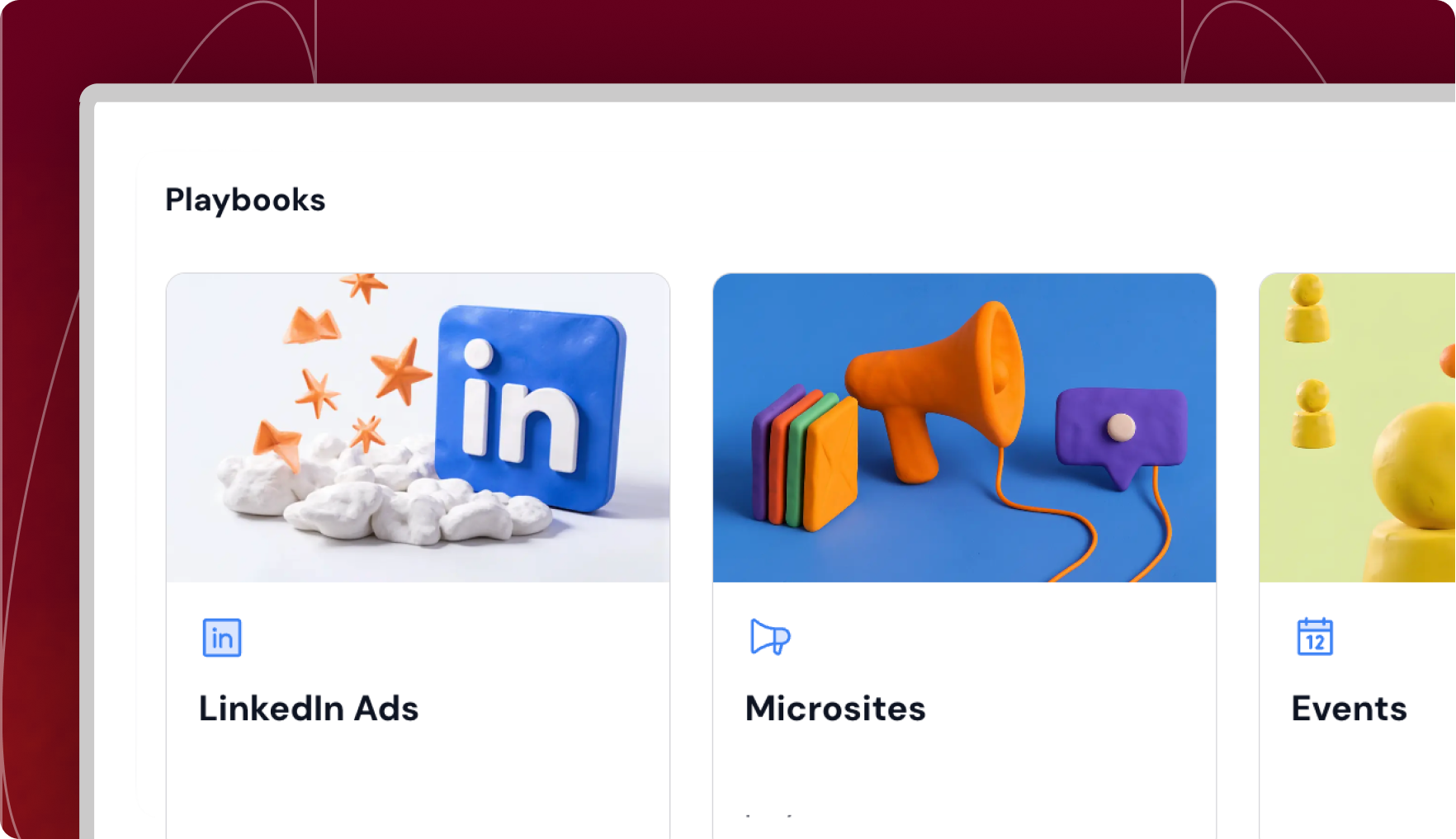A CRM is Essential for Founders from Day One
Blog Introduction: As a founder, you know how important it is to keep your contacts organized and updated. But many early-stage founders wait months, if not years, to get started with a Customer Relationship Management (CRM) system. Instead, they use a combination of Notion docs and spreadsheets to track their contacts, but this isn’t the most efficient way to do it. In this article, I’ll try to convince you that you should use a CRM system from day one.
Why You Should Use a CRM from Day One
The truth is that, without a CRM system in place, it can be challenging to keep track of all the relationships you make as a founder. With so many potential partners, investors, customers, and employees interacting with your business on a daily basis, it’s easy for information to slip through the cracks—which can lead to missed deals, hires, and investments.By investing in a CRM system from day one, you can avoid these issues.
Involve your Founding Team
As an early-stage startup, each team member should contribute to generating opportunities, both directly and indirectly. That's why I asked my team from day one to log any potential candidates, leads, and relevant connections from their network into Hubspot. They all set reminders to contact people or follow up, no matter their job title.This allows everyone in the company - whether they are in ops, product, or engineering - to feel like they can contribute to growth.
Ideal Customer Profile and Persona Definition
By using a CRM early on in the sales process, you can start to identify patterns in customer behavior that will help you understand their unique needs. From there, you can create buyer personas —detailed descriptions of distinct types of customers with specific characteristics — which will help you target the right people with the right message at the right time.This is invaluable information to have at the very start of your startup journey as you are chasing Product Market fit.
Track Buying Patterns early and prepare your Go-To-Market
A well set-up CRM will also allow you to track problems and roadblocks customers may face while considering buying from your company. This data can be used to identify areas of improvement within your sales process so that it runs more smoothly and efficiently. It can also give you insights into where potential buyers are falling off during their journey, allowing you to create strategies designed to keep them engaged throughout the entire process.
Don’t wait to get started
If you start implementing a CRM at the start of your journey, every out-of-the-box solution will be good enough, and you won't have to bother with customising the tool to your business needs.If your start building business processes that are outside of the basic functionalities of the CRM, your implementation can take months and cost a fortune.
Wanna do PLG without a CRM? Good luck.
PLG is only about the personalisation of the customer experience. Most B2B founders will likely want to launch a startup with a freemium or trial model. Well, I got a good one for you; you can’t expect to be able to personalise your buying experience without having a clear idea of who your user is (CRM) and what they are doing with it (CDP - product analytics).
As a founder or entrepreneur starting a new business today, having access to an effective Customer Relationship Management (CRM) system is essential for staying organized and keeping up with all your contact information, while also helping streamline processes within your organization and giving you real insights into customer behaviour that can be used for informed decision-making.
Generated £1.3M pipeline by focusing on UTM parameters personalisation.


Generated £1.3M pipeline by focusing on UTM parameters personalisation.







